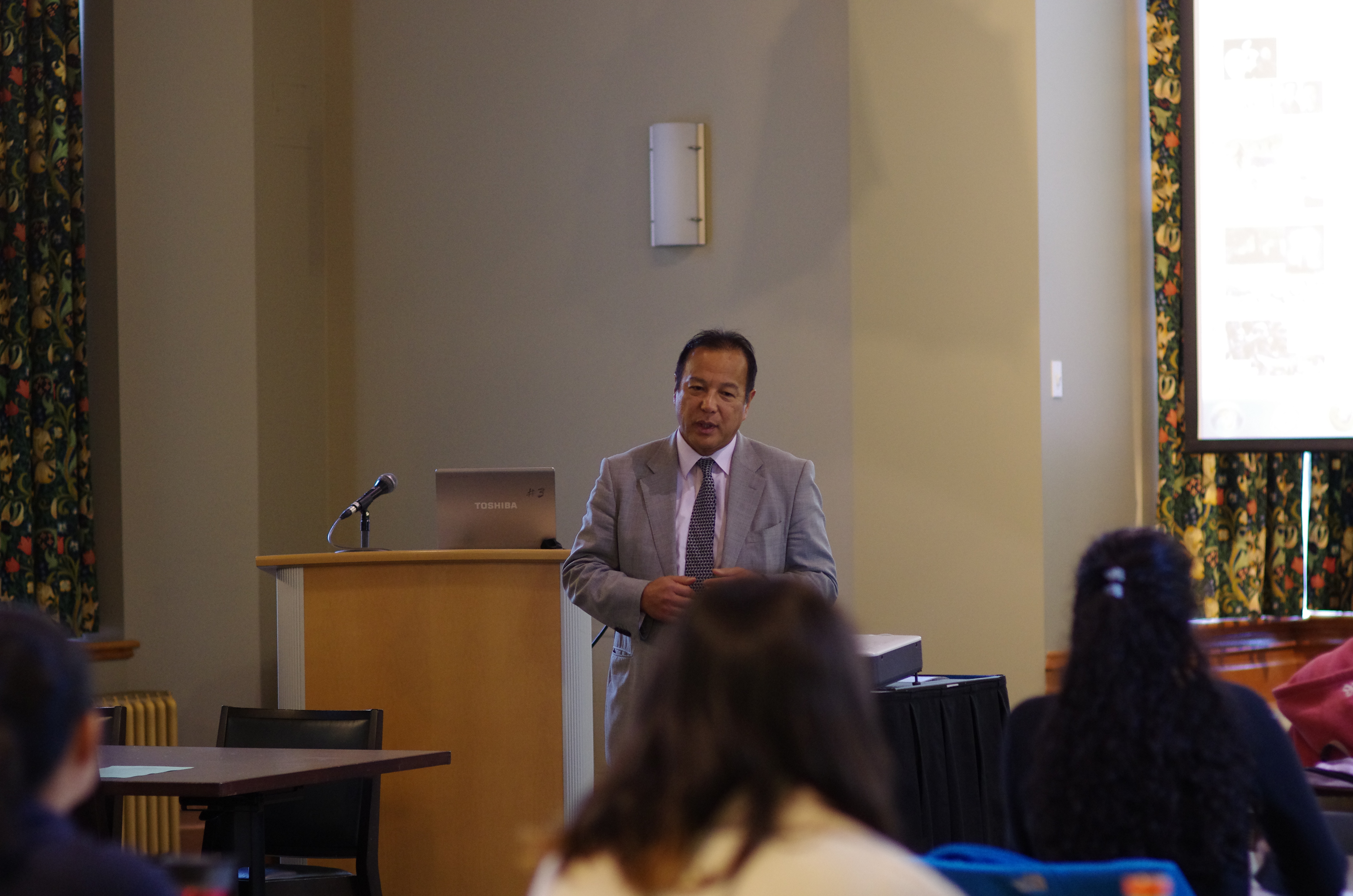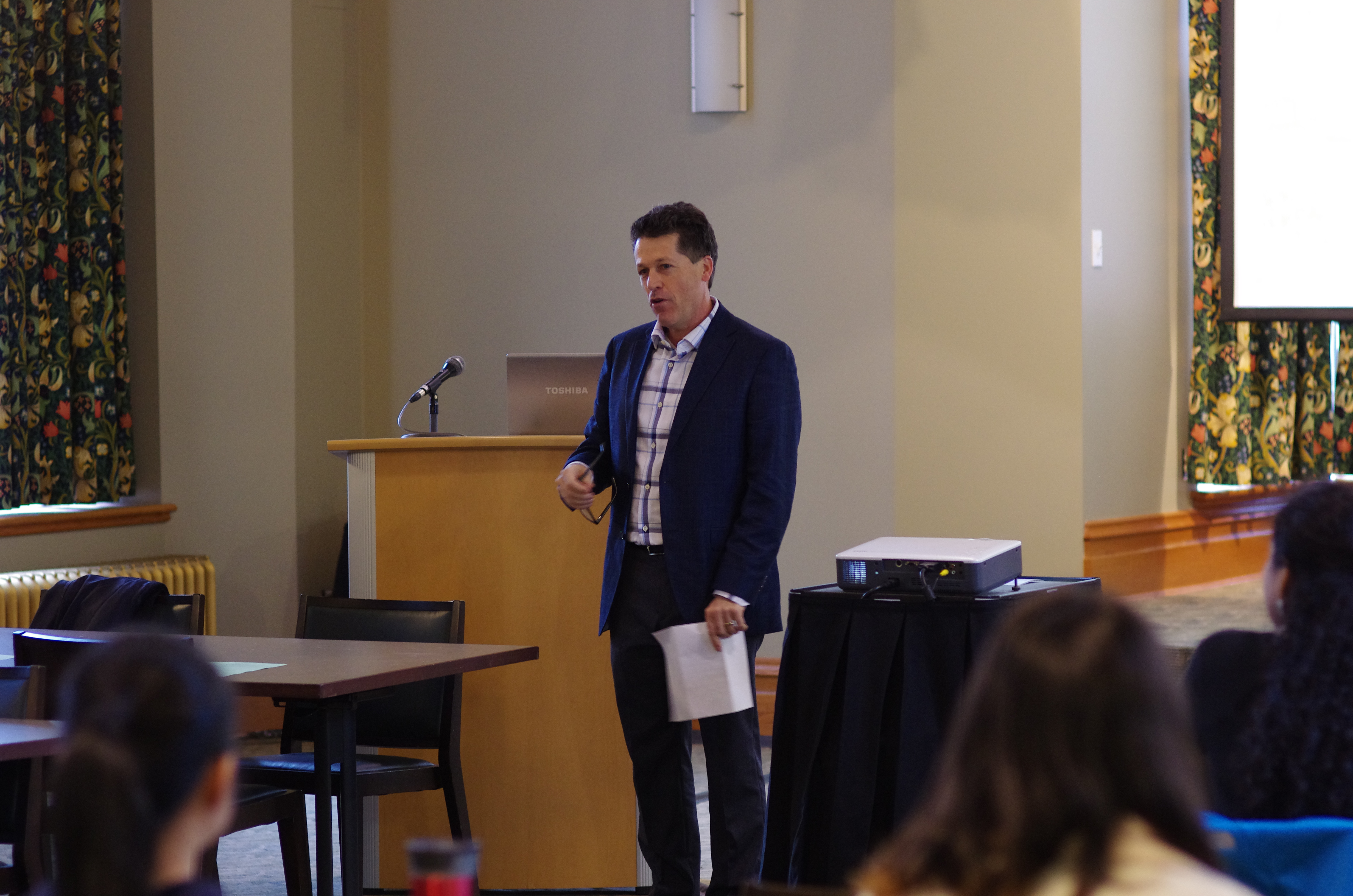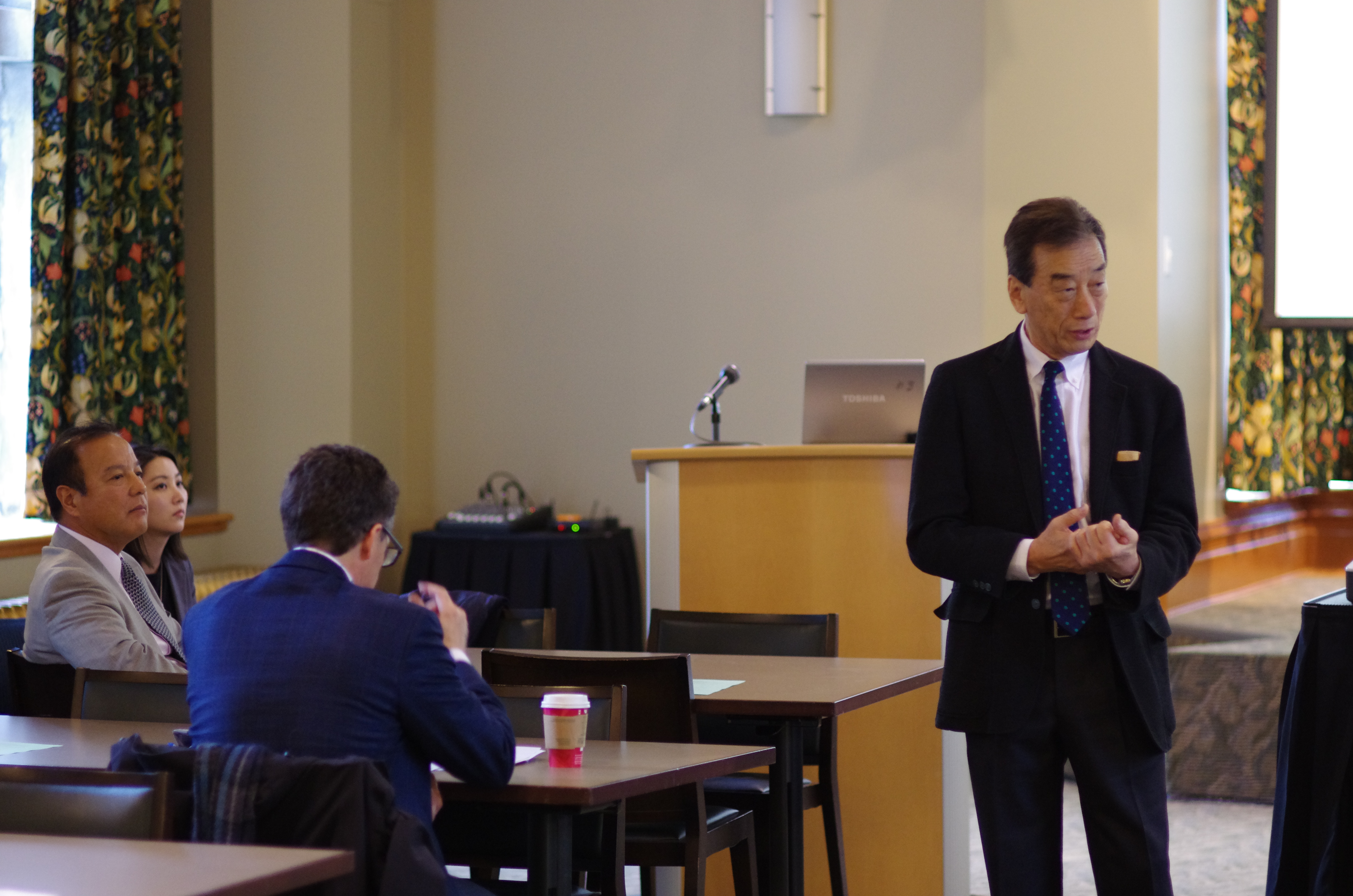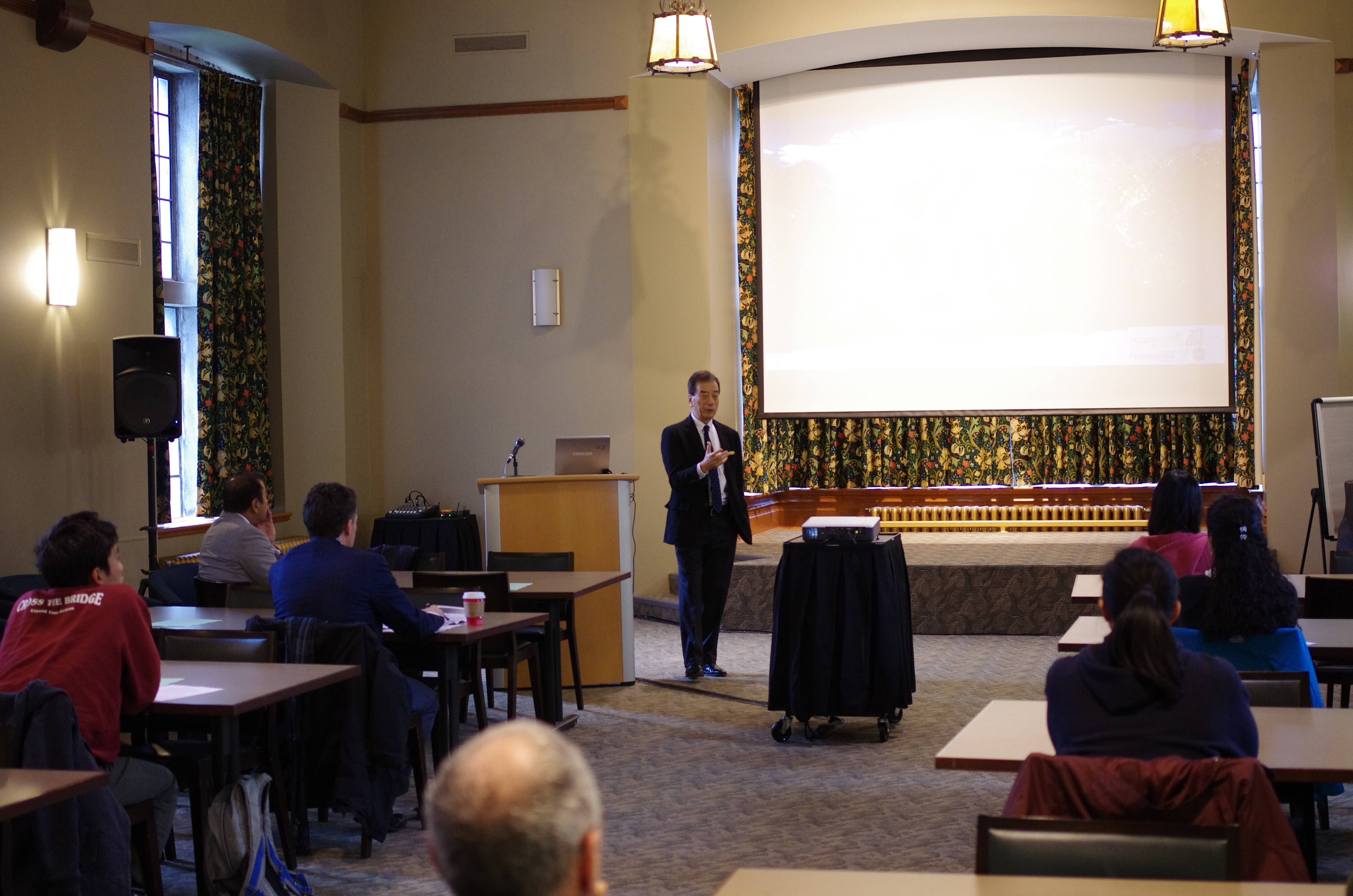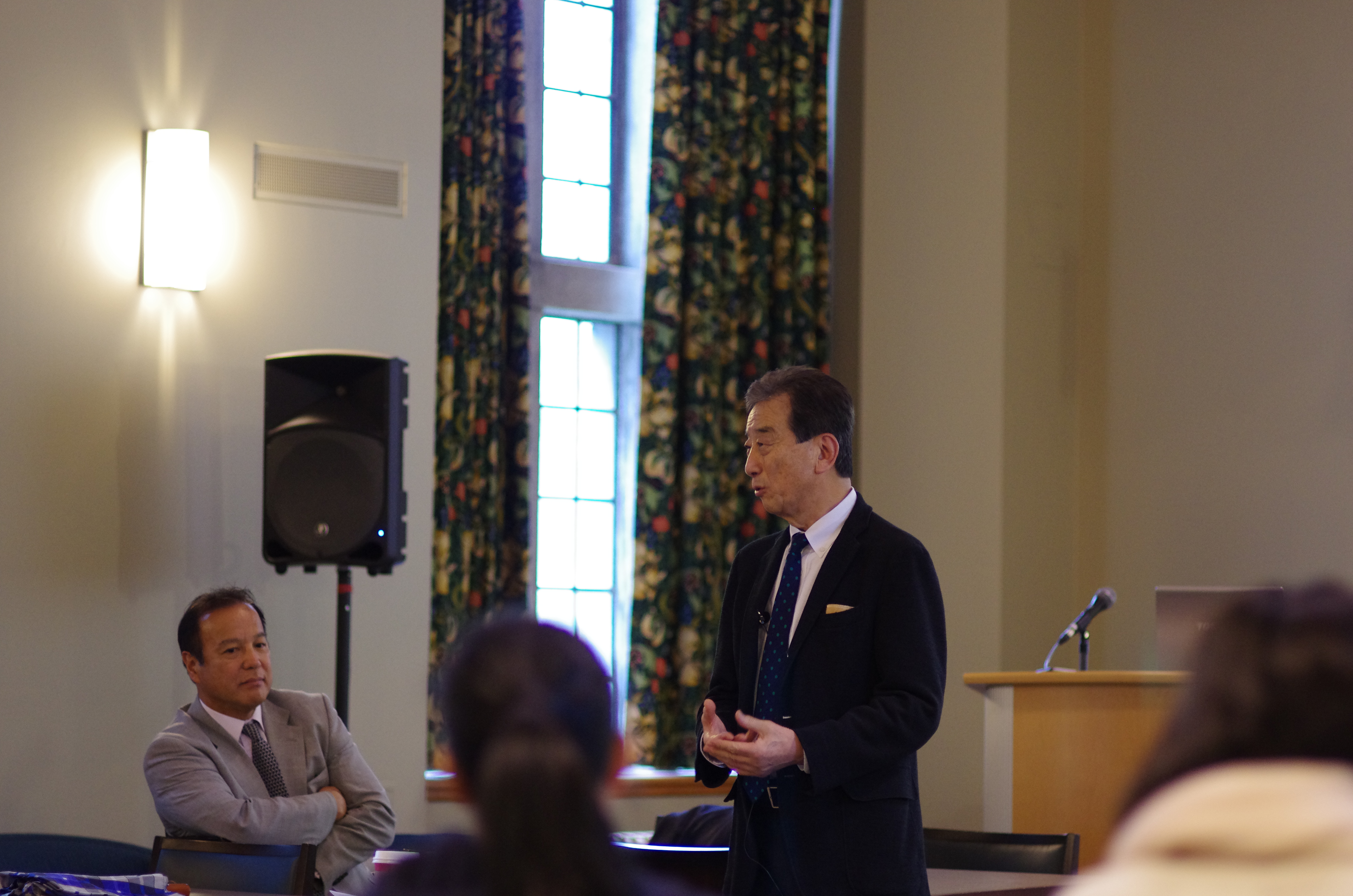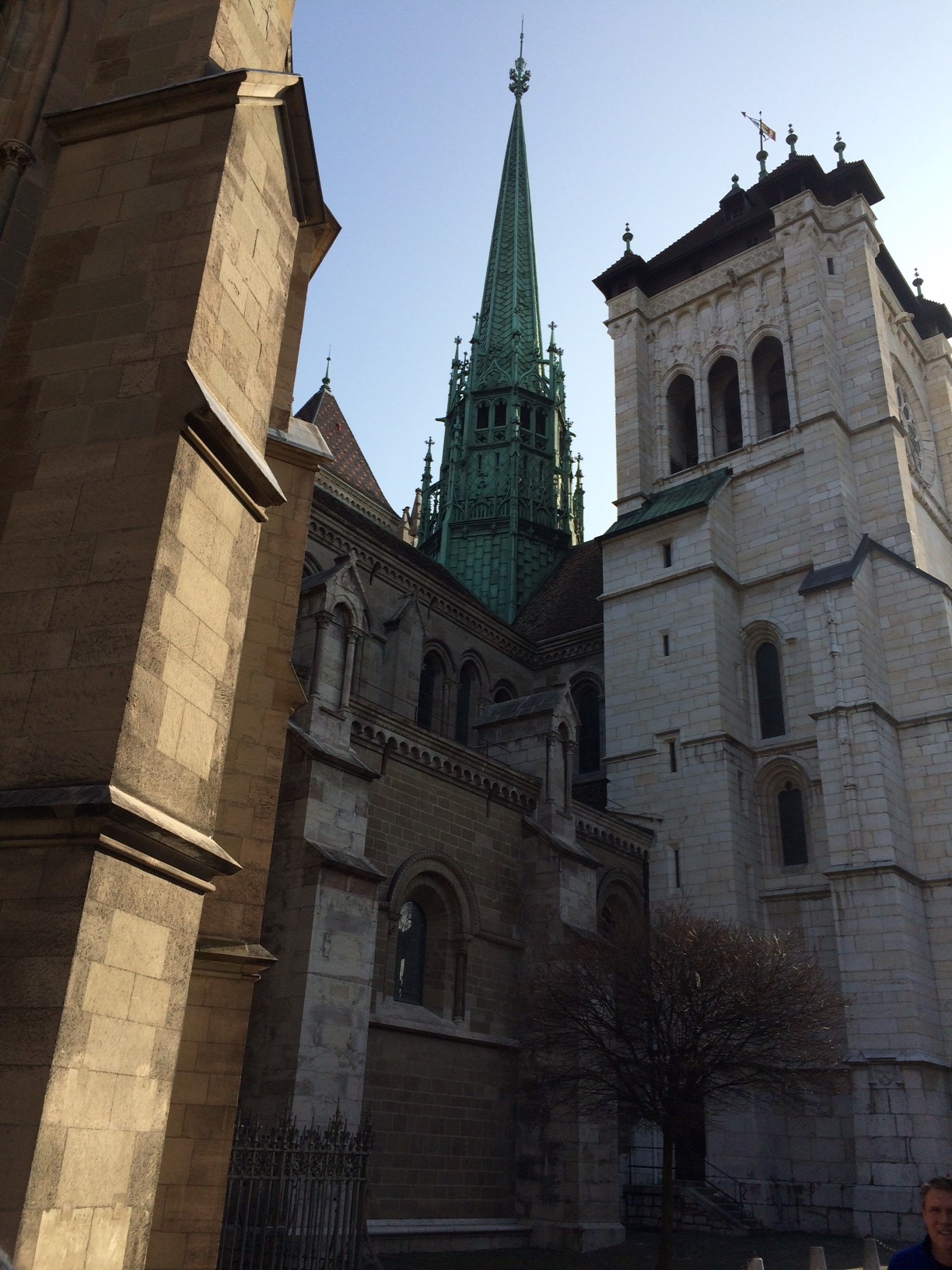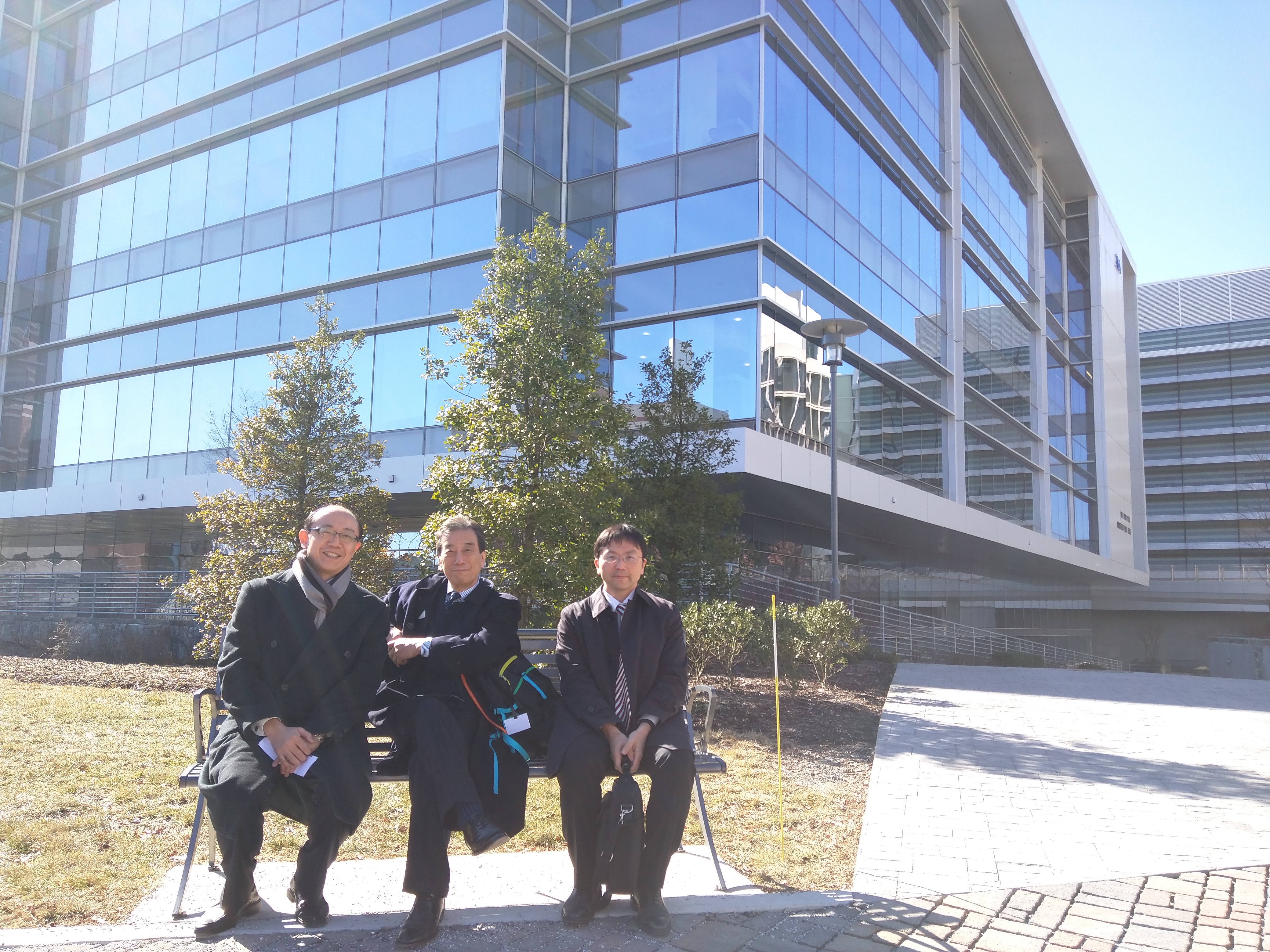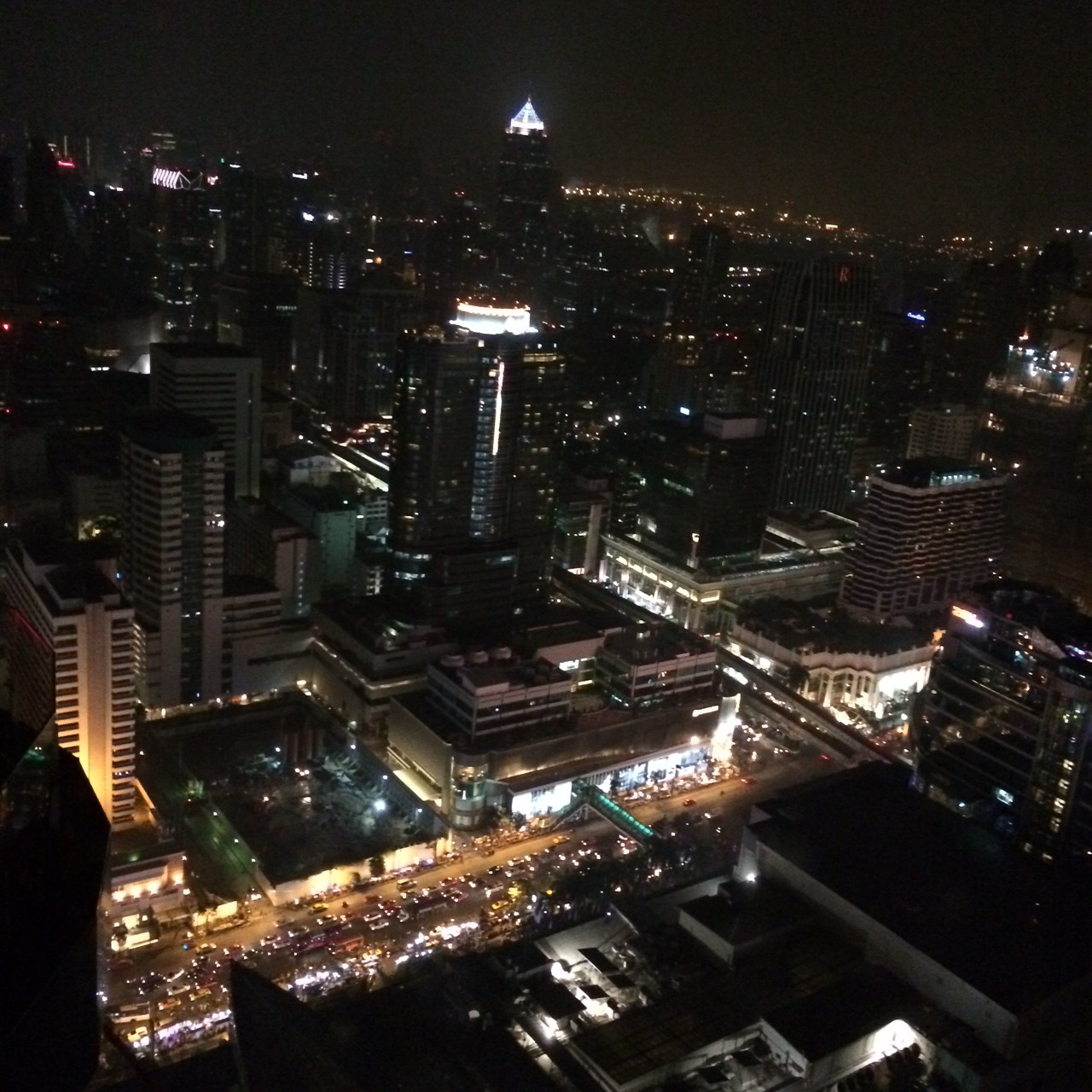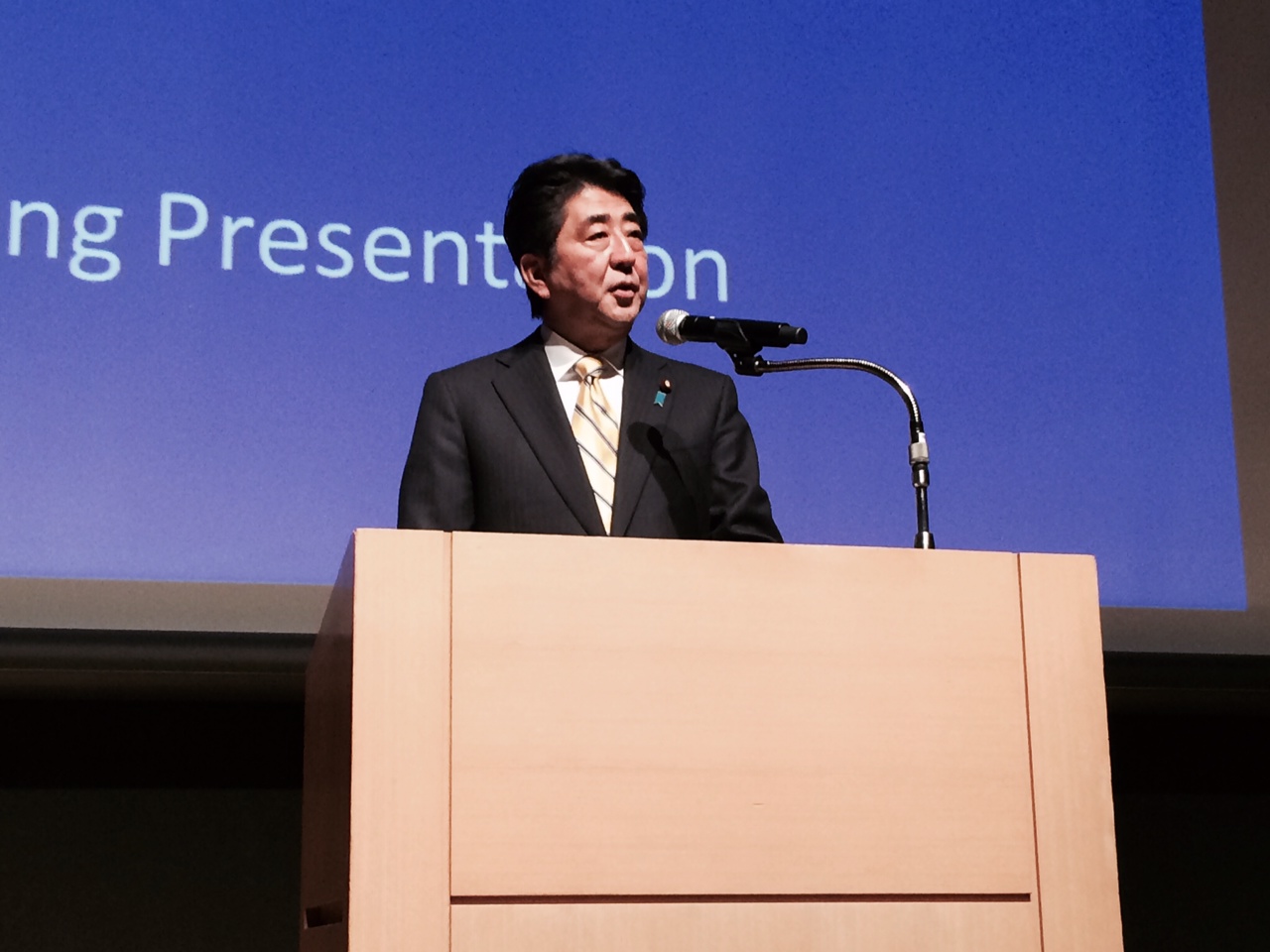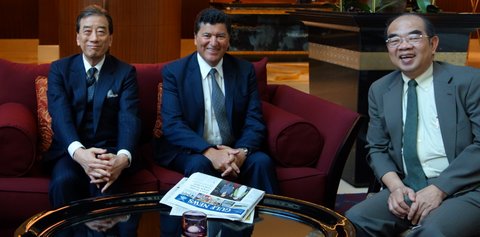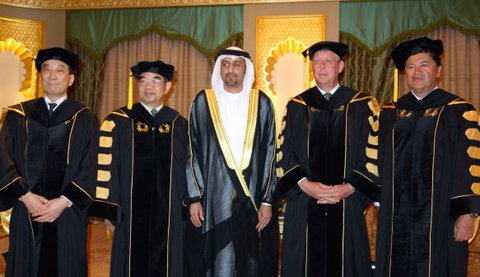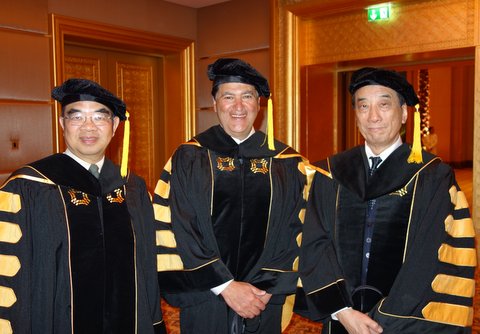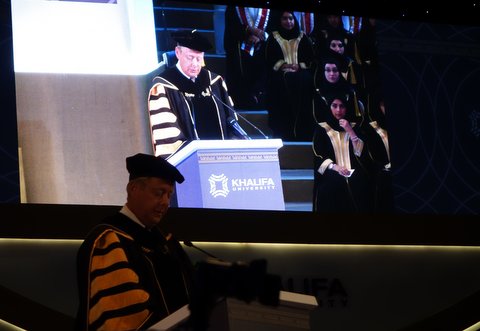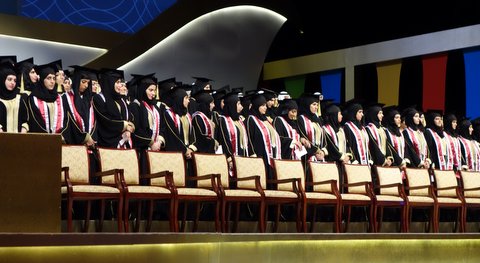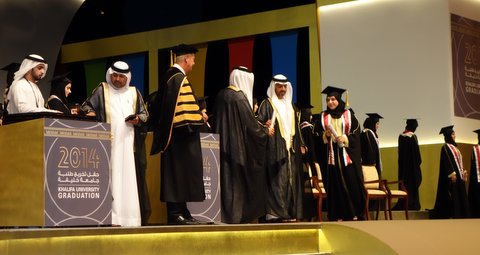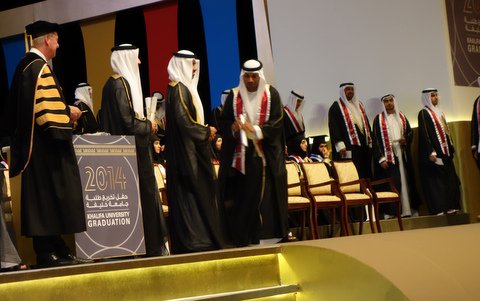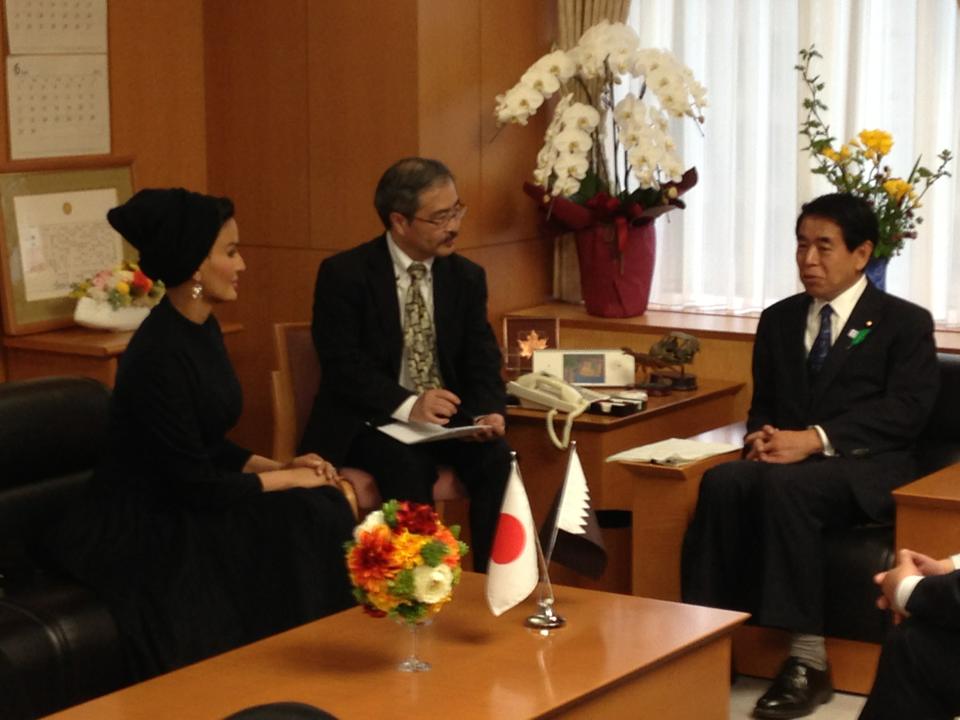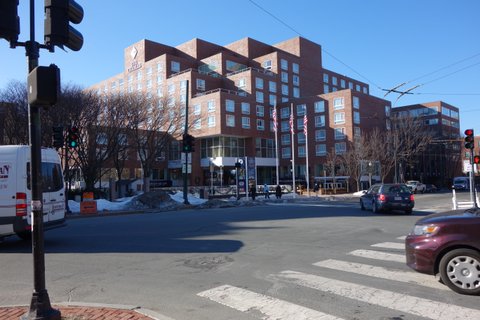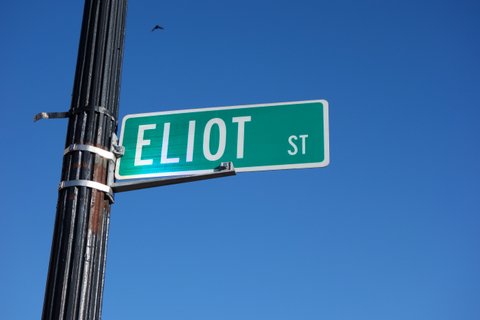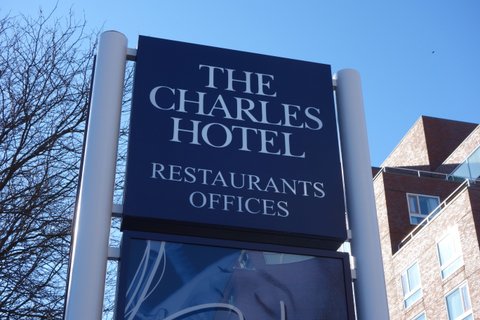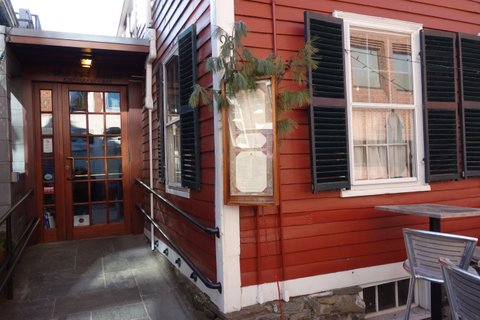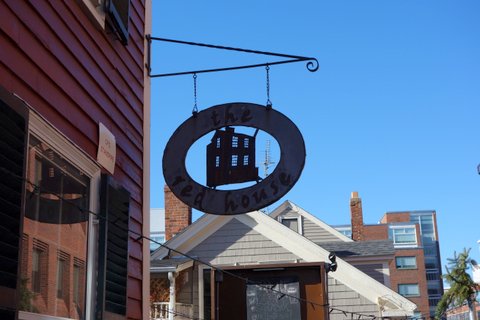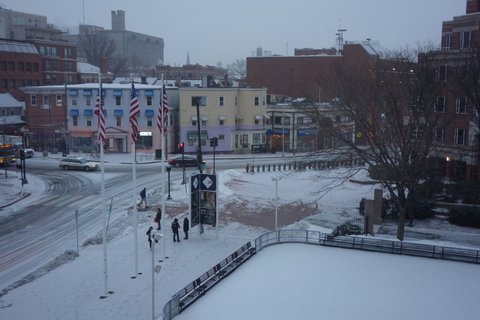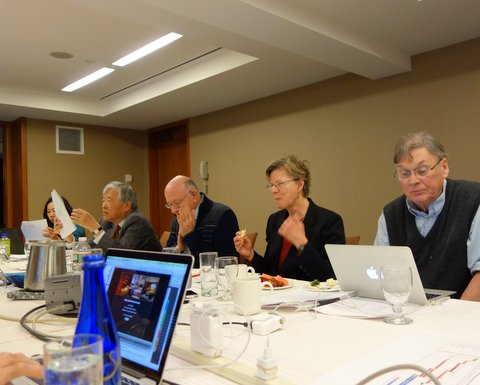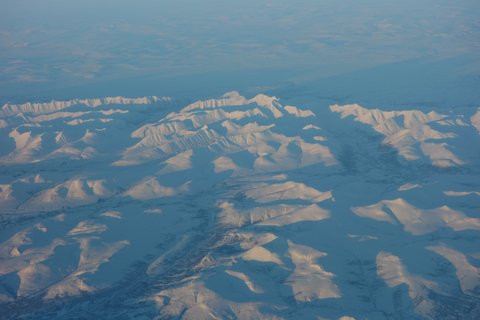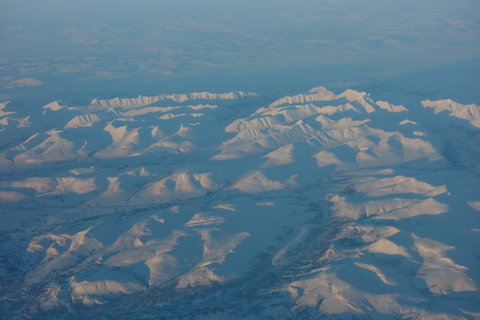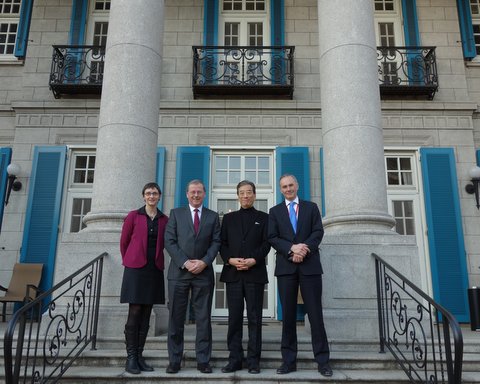Last year, I meant to share with you my trip to Vancouver in between my trips to Seattle on December 1st and Toronto on December 6th but it seemed to have slipped my mind.
My apologies for the delay to Consulate General Okada and many others who looked after me during my stay in Vancouver. Below is the report of my trip.
On the evening of November 11th, I arrived at Vancouver from Seattle. This was my third visit to Vancouver but the last time was already around ten years ago.
From here, I will be traveling to Toronto and Ottawa. This lecture series was planned over two years by the Japanese Ministry of Foreign Affairs and the Asia Pacific Foundation of Canada which invited me as a speaker. The topic of my talk is Japan’s role in facing issues of global health.
On the next day, the weather was heavy rain and a stark contrast to that of Seattle.
I arrived at the campus of the prestigious University of British Columbia. I gave a lecture at the Irving Barber Learning Center for approximately 90 minutes. Consul General Okada kindly moderated my talk.
Consul General Okada is a great speaker and he was deeply involved in the planning of TICAD4 (1), that was held in Yokohama in 2008 under Prime Minister Fukuda. At that time, I was the chairman of the first Noguchi Hideo Africa Prize and the award ceremony was held at TICAD4.
I met with Professor Shigenori Matsui who has been teaching here for the past ten years, as well as a medical doctor who was trained in Japan. She is currently studying here.
From the afternoon, I attended a dinner at the Consulate General. The Consulate General building is one of the oldest historical buildings in the area and is very beautiful. Consul General Okada did not have experience in Africa prior to organizing the 2008 TICAD but he asked to work at the Japanese Embassy in Kenya following TICAD. We discussed issues in Africa and were able to exchange many opinions.
Both of the two days during my stay were rainy, sadly, but they were very fruitful.
On November 13th, I left for Toronto.
